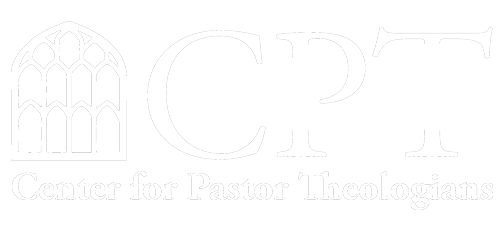It’s not news: We Americans live in a country divided by political conflicts, class struggles, and culture wars. Divisions are dangerous, but they don’t have to be fatal. To survive and flourish, societies need institutional and intellectual resources to counteract the centrifugal forces of diversity and conflict. A married couple can reconcile after adultery if their love for themselves and for one another is ordered toward the higher good of their marriage and family. A city or nation can survive a contested election if most are committed to the good of common life. A church survives scandal or tragedy or a petty squabble if everyone recalls they’re members of one another, called to subordinate their desires to the health of the body.
The U.S. doesn’t have the resources for reconciliation. We haven’t been able to hold or come together because we’re not bound together by common objects of love. Our society hovers over an abyss. It rests on nothing. But our situation is even graver than that. The abyss isn’t an accident or entirely a result of contingent historical events. It’s a design feature of secular order. At best, secular politics purges the resources to slow fragmentation. At worst, it causes fragmentation.
In modern democracies, liberty is understood negatively, as the absence of constraint on choice, rather than the positive freedom to pursue a good. Freedom is the ability to secure our private enjoyments and to be left alone. Relationships are defined negatively, either relationships of mutual hostility or mutual indifference, guided by the Millian imperative to live and let live. Of course, private relationships are a rich source of meaning and purpose, but these are rigorously excluded from public life.
Behind these political convictions are metaphysical convictions about freedom, the will, and the order of things. In secular democracy, relationships are products of will. Unchosen relationships don’t have binding force unless and until we consent to them. As D. C. Schindler argues, negative, will-based liberty is “diabolical,” a force for division and separation, rather than “symbolical,” a liberty that responds to and is made possible by a network of bonds and relationships.
That is an abstract philosophical way to put it. We can make the point more concretely. Jean-Claude Michea points out that every law “harms” someone, insofar as it restricts the range of behavioral options. Prohibiting prostitution robs sex workers of potential profits, and criminalizing cannibalism limits the menus of anthropophages. When everyone asserts a right not to be harmed, when non-discrimination becomes the governing principle, law can no longer give shape to social life. Instead, we trigger a war of all against all, an unceasing battle between ungrounded moralists and unbounded libertarians. Law can do no more than register variations in the relations of force: Whoever happens, at the moment, to have the best lobbyists, the most effective social media presence, the most persuasive attorneys wins cases, passes legislation, and gets to set the rules.
In spite of its pretensions, secularism also facilitates the expansion of state. Modern societies privatize value judgments. Facts are publicly available truths, but “values” are subjective and individual. Everyone has an absolute right to decide his values for himself, so long as he doesn’t impose his values on others. To impose personal preferences, Slavoj Zizek writes, is “the crime that contains all crimes.” Modern polities build fortresses to protect against any the establishment of a shared ethical ideal, since shared ideals are “the root cause of all civil disorder.” Under the regime of secularism, the state exists to protect us from one another. And when that happens, the state’s zone of operation is as big as the zone of non-harm. The more it guarantees our freedom from each other, the more it intrudes into the intimacies of life. We are left with a nightmare democracy, where individuals are directly exposed to the manipulations and controls of the state.
Secular societies do promote moral standards. Every choice is an open choice, except the choice to keep all choices open: Everyone must affirm that. The conditions of negative liberty are not open to challenge. Hence secular liberalism ends up enforcing the normlessness of liberalism itself. We call this normlessness “tolerance,” but this too inverts into its opposite. What happens to those who refuse to sacrifice their moral conscience? What about those who, by religious or other conviction, are constrained to speak and act intolerantly toward what they regard as evil? When all convictions are sacrificed to tolerance, the intolerant become intolerable. The same dialectic operates at an international level. Though it presents itself modestly as the “least bad” form of governance, liberal democracy becomes an ideal, ever at war with every threat to secular freedom and equality, that is, to every form of moral absolutism and social hierarchy. For all its postcolonial fervor, secular liberalism is imperialist.
No election can save us from these impasses. The system cannot deliver us, because the system is a big part of the problem. If democracy is to survive today’s corrosions and conflicts, it will have to be democracy in a very different form. We will have to repent of our pretended neutrality and our secularism, and remember God.
Peter Leithart is the President of the Theopolis Institute in Birmingham, AL. He is the author of numerous Bible commentaries and books, including, recently, Between Babel and Beast: America and Empires in Biblical Perspective (Cascade, 2020). He serves as the Theological Mentor for the St. Peter Fellowship of the Center for Pastor Theologians.



